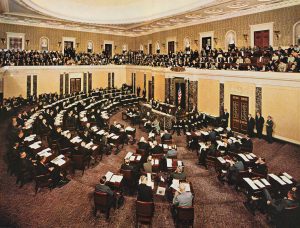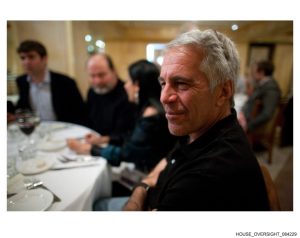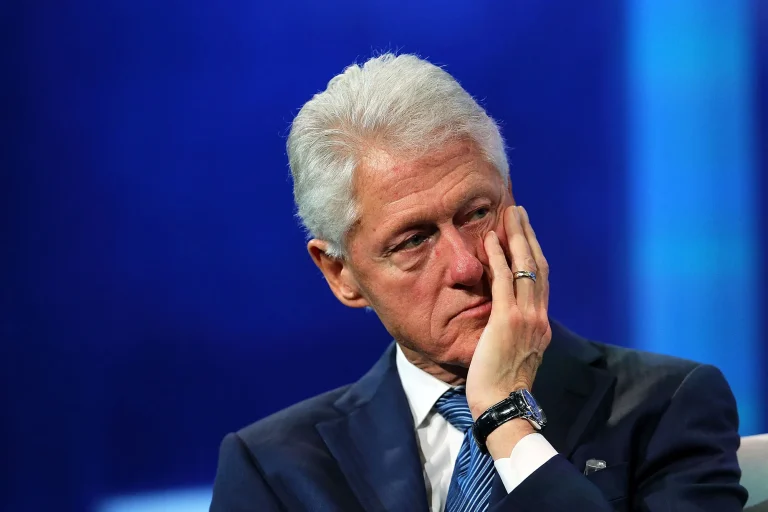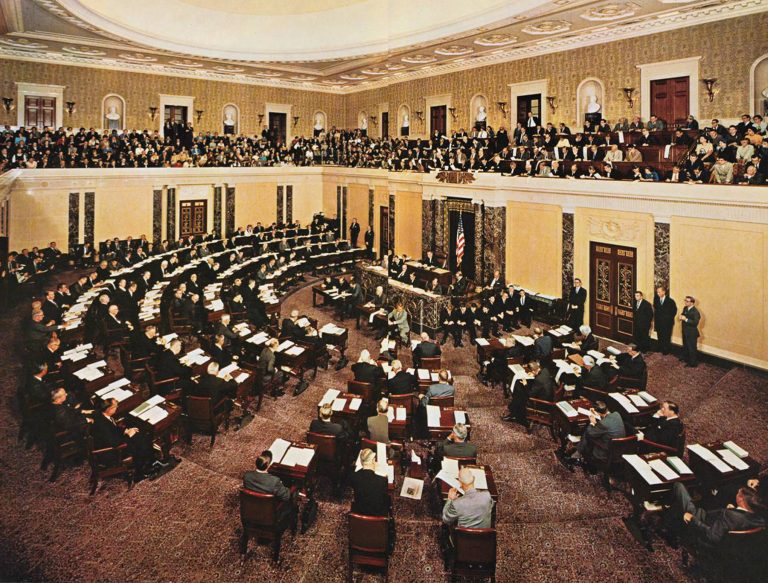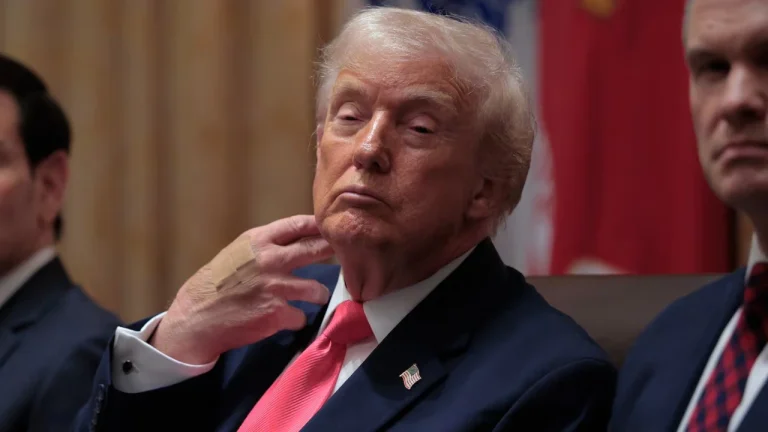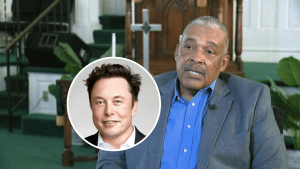Paula White-Cain, a longtime spiritual advisor to former President Donald Trump, is facing renewed criticism for promoting what many are calling a “prosperity gospel pitch” involving a $1,000 donation in exchange for divine favor. In a video recently posted on her YouTube channel, White encouraged viewers to participate in a special Passover offering, promising “seven supernatural blessings” based on biblical scripture for those who give generously.
The video, titled “Passover Season: God’s Divine Appointment With You!,” aired as part of a seasonal campaign on Paula White Ministries. In the video, White cited Exodus 23 as the foundation for the blessings she claimed donors would receive, which include divine protection, prosperity, healing, longevity, and increased inheritance. “I believe that when you honor God on Passover starting on April 12th at sundown through Good Friday on the 18th and concluding on Easter Sunday, you can receive these seven supernatural blessings for you and your house,” she stated.
She then encouraged followers to sow a “Passover seed” of $1,000 or more, “as the Holy Spirit leads,” suggesting that this donation would activate the promised blessings. Various giving tiers were presented, with higher donations offering physical rewards, including items like a 10-inch Waterford Crystal cross and an olive wood communion set crafted in the Holy Land.
Many Christian leaders and commentators quickly condemned the message, accusing White of misrepresenting the gospel and exploiting faith for financial gain. Critics took to social media to voice their concerns, including Pastor Gabriel Hughes, who posted on X (formerly Twitter), “Dear @realDonaldTrump, please remove Paula White. She’s a false teacher. Appoint a godly man who preaches Christ and Him crucified for our sins (Voddie Baucham?). Brethren, have nothing to do with this woman.”
Conservative commentator and podcast host Allie Beth Stuckey also weighed in, warning her audience about what she called “heretical teachings.” “These are teachings that lead straight to hell,” she said on her podcast. “But the gospel of Jesus—the truth that He is enough for us, that He is our contentment and salvation and satisfaction—that will really set you free.”
In response to the backlash, a spokesperson for White pushed back against the accusations, calling the controversy a “deceptive smear.” The spokesperson emphasized that White explicitly stated in the video, “you’re not doing this to get something,” and that all donations are made voluntarily “as the Holy Spirit leads.” They also clarified that the funds do not personally benefit White and instead go to support the ministry’s outreach programs.
Despite these defenses, many remain skeptical of the approach, arguing that the presentation of the donation request strongly implies a transactional exchange—money in, blessings out. Critics argue that this aligns with the prosperity gospel, a controversial doctrine that equates financial giving with spiritual reward, often denounced by mainstream Christian theology.
As debate continues, the incident highlights ongoing tensions within American Christianity over the role of money, faith, and public influence, particularly when religious leaders wield significant political and media platforms.

James Jenkins is a celebrated Pulitzer Prize-winning author whose work has reshaped the way readers think about social justice and human rights in America. Raised in Atlanta, Georgia, James grew up in a community that instilled in him both resilience and a strong sense of responsibility toward others. After studying political science and creative writing at Howard University, he worked as a journalist covering civil rights issues before dedicating himself fully to fiction. His novels are known for their sharp, empathetic portraits of marginalized communities and for weaving personal stories with broader political realities. Jenkins’s breakout novel, Shadows of Freedom, won national acclaim for its unflinching look at systemic inequality, while his more recent works explore themes of identity, resilience, and the fight for dignity in the face of oppression. Beyond his novels, James is an active public speaker, lecturing at universities and participating in nonprofit initiatives that support literacy and community empowerment. He believes that storytelling is a way to preserve history and inspire change. When not writing, James enjoys jazz music, mentoring young writers, and traveling with his family to explore cultures and stories around the world.

